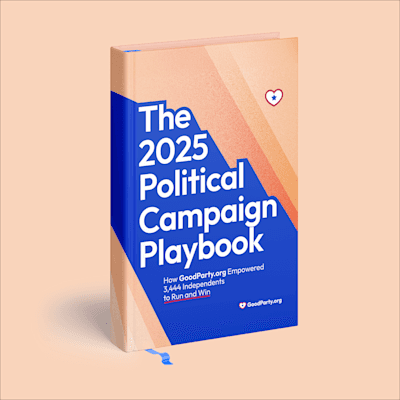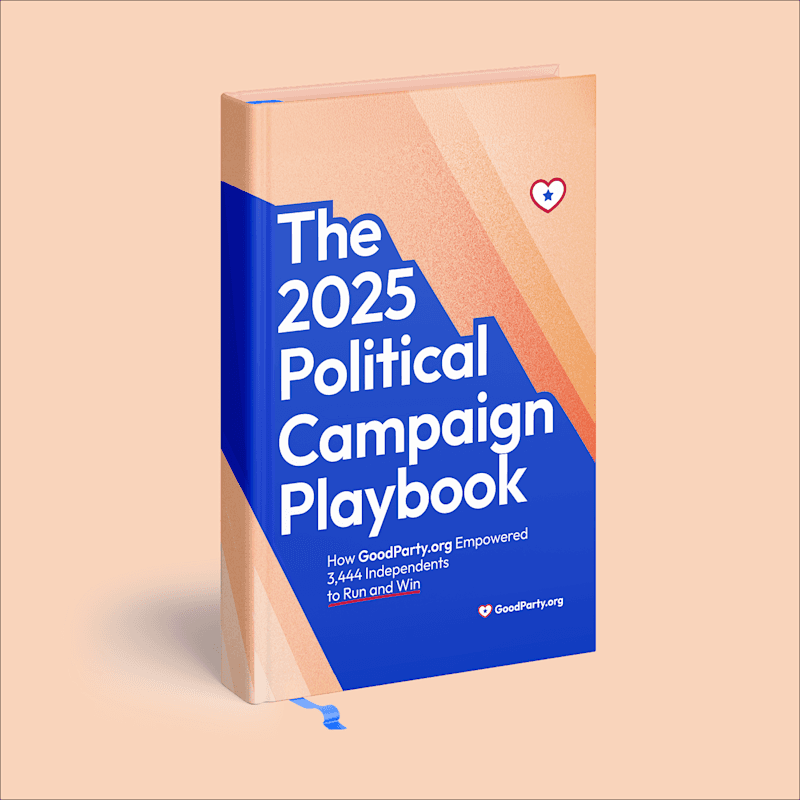
Can I Run for Office While I’m Still a Student?
Can you run for office while you’re still in high school or college? The short answer is: yes, absolutely! Plenty of people across the United States have successfully run for office while still in school. This guide will highlight current politicians who made it happen, explore the main advantages and disadvantages of running for office while a student, and provide helpful tips and tricks for running a successful campaign.
Current Politicians Who Ran For Office As Students
The number of current politicians who either campaigned or were inaugurated into office while they were students might surprise you. Still more politicians have gone back to school while in office. Here are examples of some of the youngest politicians to take on leadership positions in recent years:
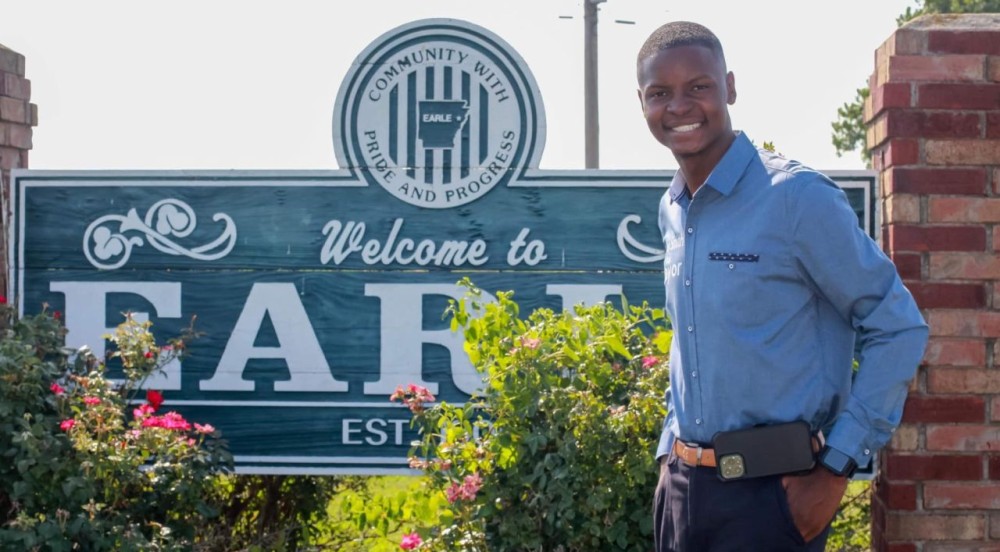
Jaylen Smith: Mayor of Earle, Arkansas
Jaylen Smith was 18 years old when he was elected mayor of Earle, Arkansas in December 2022. This past school year, Jaylen was a freshman at Arkansas State University Mid-South. Jaylen not only became the youngest mayor in the nation; he is also the youngest-ever African American mayor to be elected.
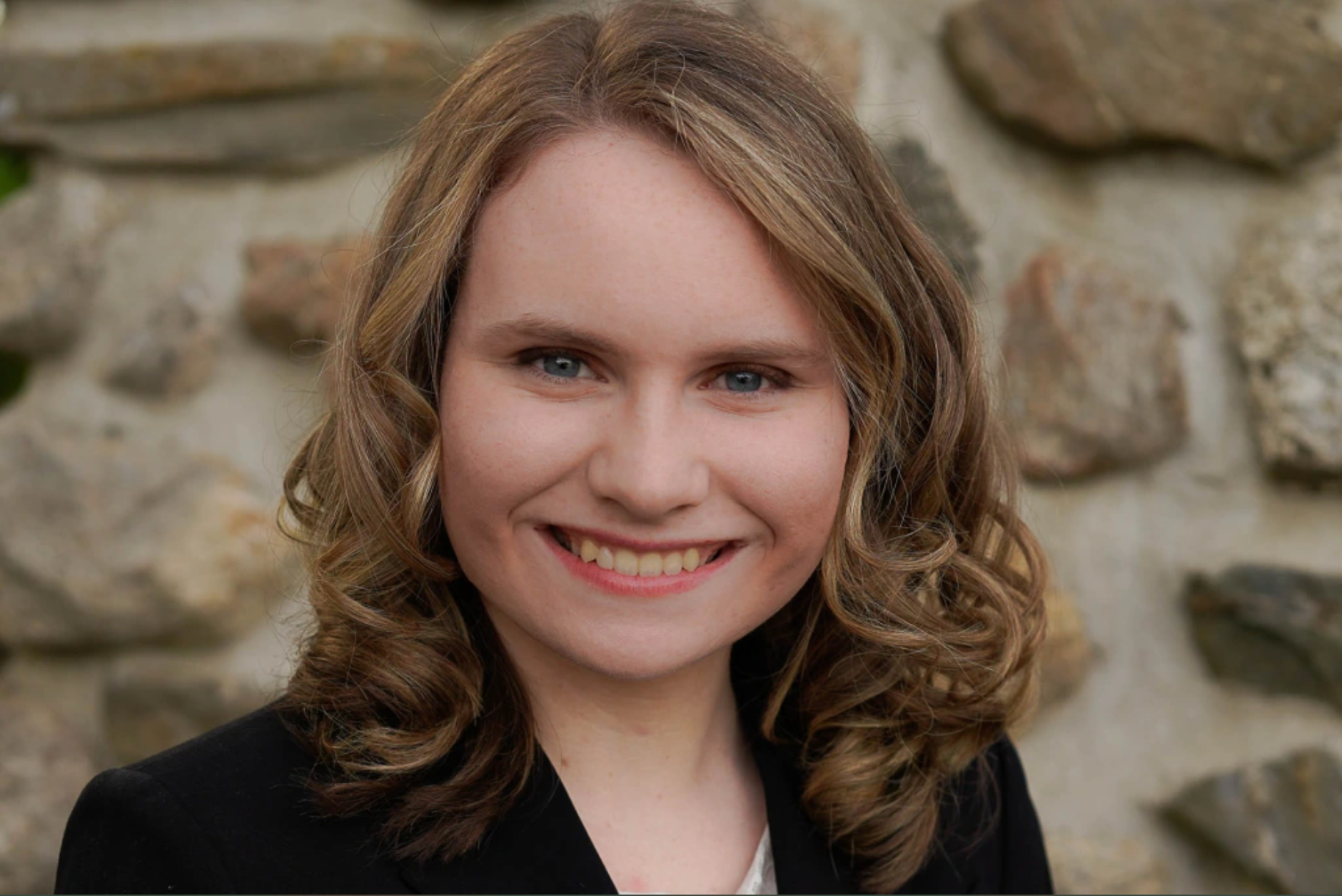
Valerie McDonnell: Member of the New Hampshire House of Representatives
Born in 2004, Valerie McDonnell is the youngest state representative in the history of New Hampshire. Valerie assumed office in December 2022, when she was 18 years old. Valerie currently attends Southern New Hampshire University.
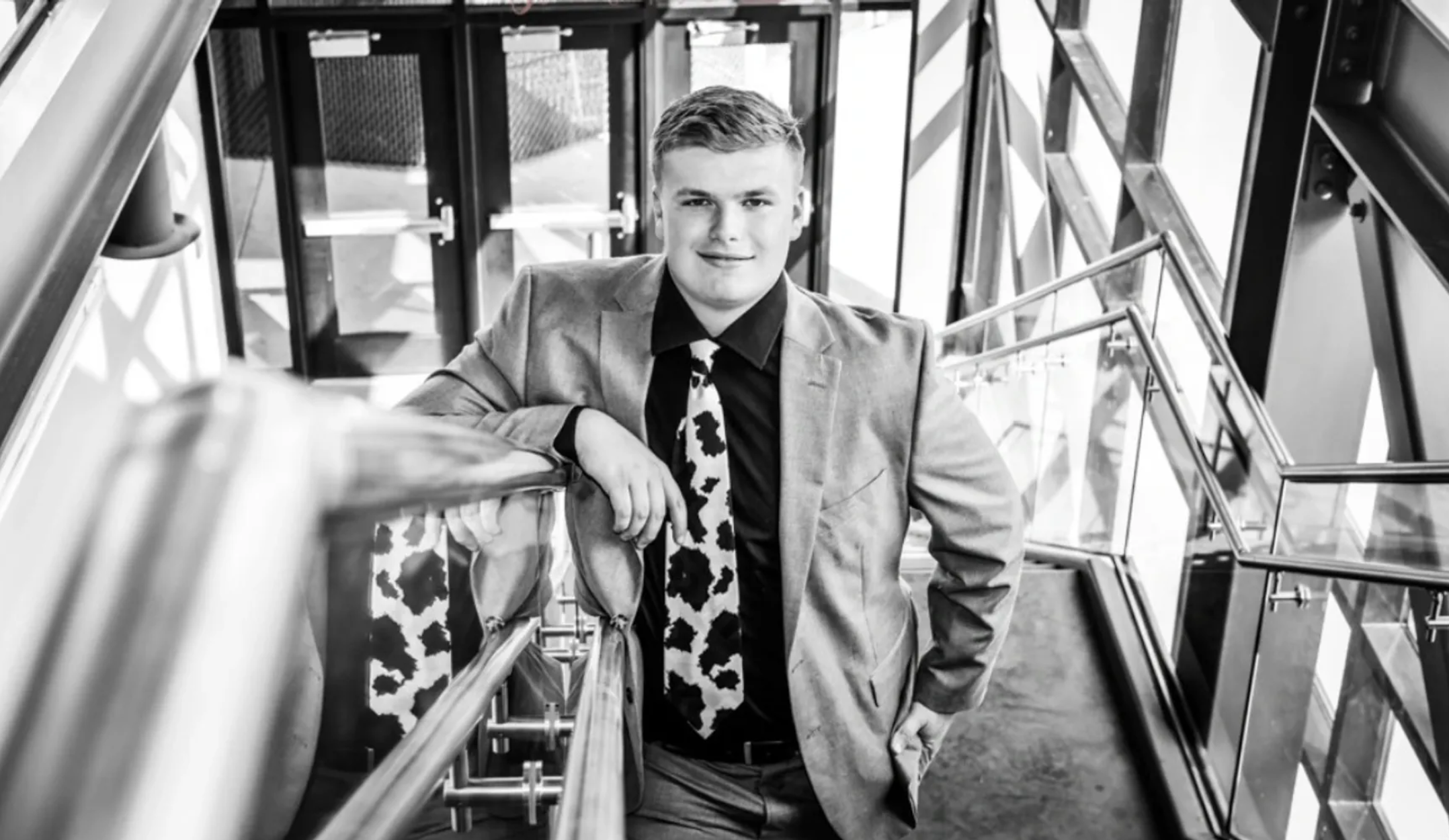
Dawson Holle: Member of the North Dakota House of Representatives
Dawson Holle began campaigning during his senior year of high school. In December 2022, Dawson became the youngest-ever member of the North Dakota legislature. Also a dairy farmer and a member of North Dakota Young Republicans, Dawson is now a student at the University of Mary.
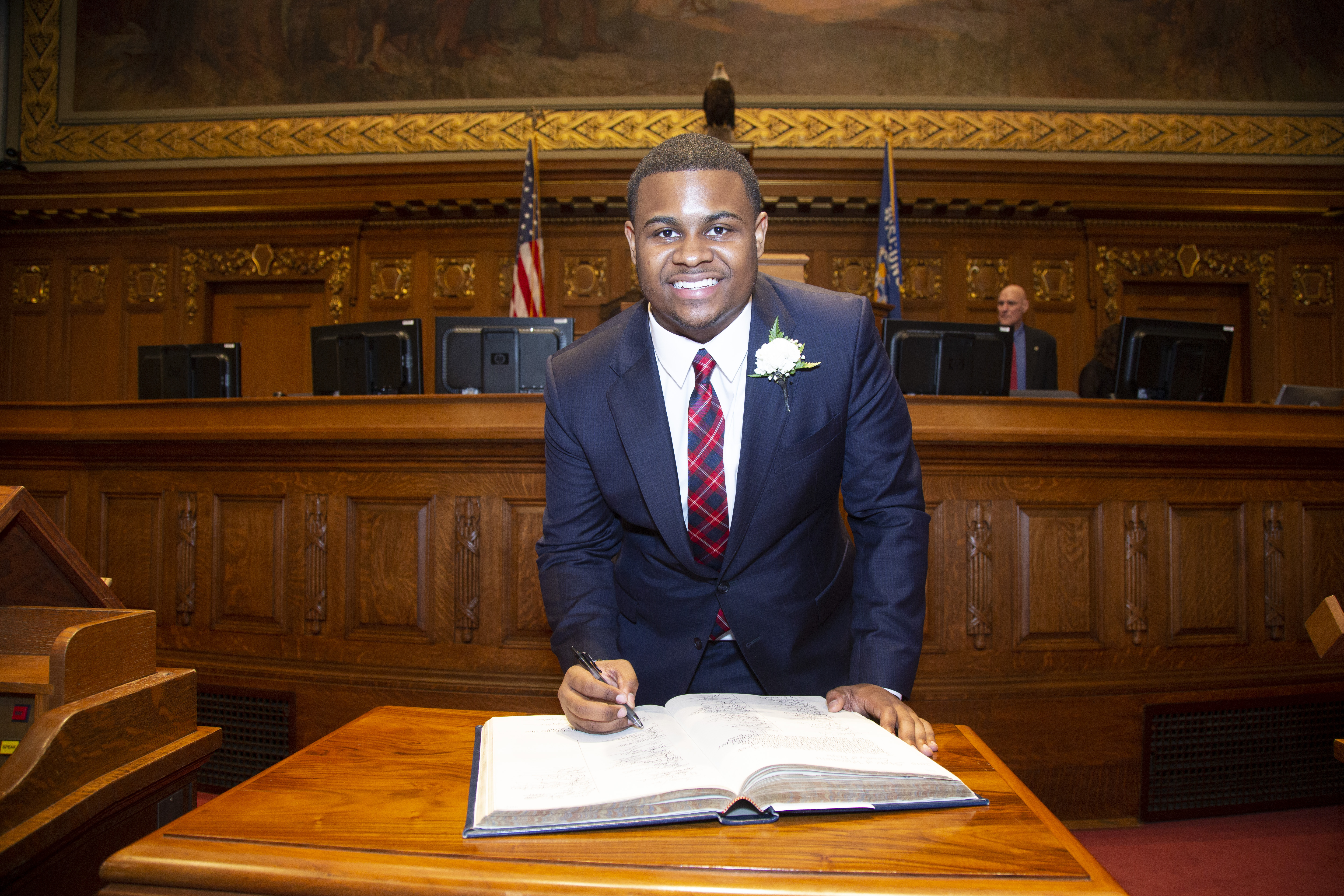
Kalan Haywood: Assistant Minority Leader of the Wisconsin Assembly
Born in 1999, Kalan Haywood is the youngest African American to be elected to state office in Wisconsin. Kalan assumed office in 2019, when he was 19 years old, and successfully ran for reelection in 2022. Before becoming a member of the Wisconsin Assembly (the lower house of the state legislature), Kalan served as president of the City of Milwaukee Youth Council. Now 23, Kalan studies political science at the University of Wisconsin-Milwaukee.
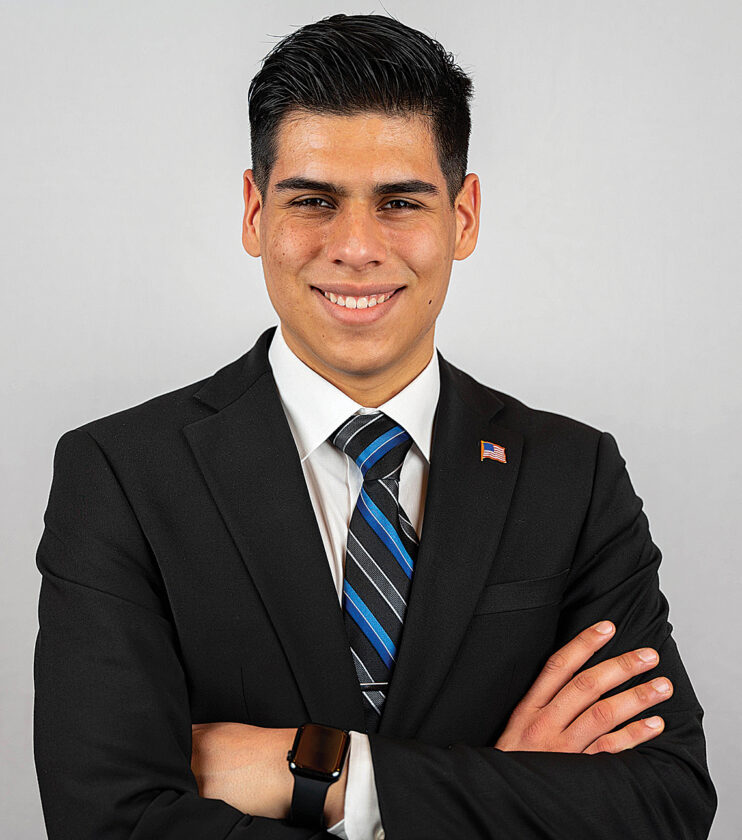
Elias Coop-Gonzalez: Member of the West Virginia House of Delegates
Elias Coop-Gonzalez was 20 years old when he was sworn into office in December 2022. When he was 13, Elias moved to West Virginia from Guatemala. Later on, he interned for Congressman Alex Mooney and worked for the Leadership Institute. This past school year, Elias was a sophomore studying economics at Liberty University.
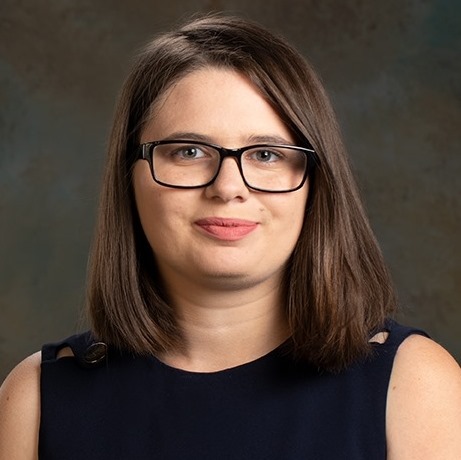
Cassandra Levesque: Member of the New Hampshire House of Representatives
Cassandra Levesque has been a member of the New Hampshire House of Representatives since 2018, when she assumed office at the age of 19 years old. Prior to running for office, Cassandra began campaigning to end child marriage in New Hampshire as part of a Girl Scout project. Cassandra now studies political science at Southern New Hampshire University.
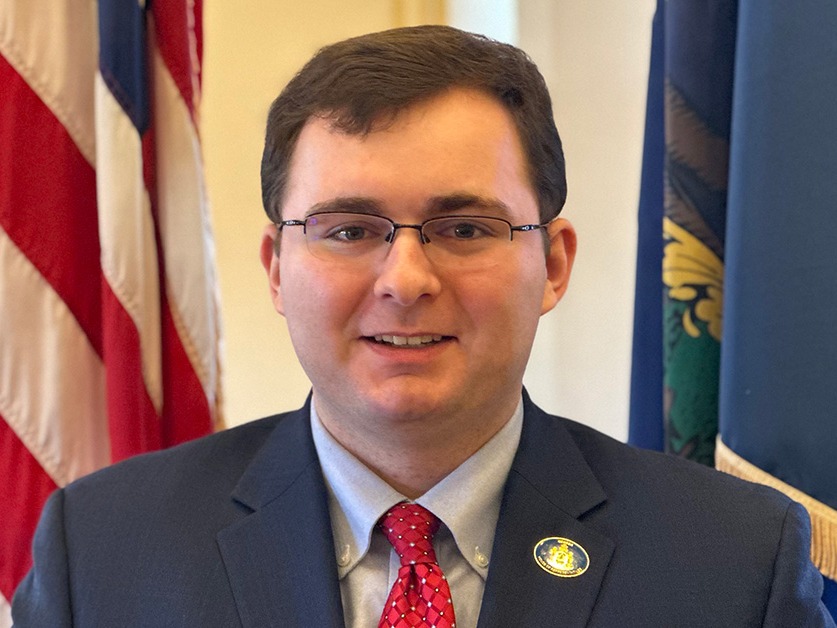
Nathan Carlow: Member of the Maine House of Representatives
Nathan Carlow is the youngest member of the Maine House of Representatives. Nathan was 21 years old and a student at the University of Southern Maine when he was elected in 2020. At the time, he was also serving his second term on the local school board. Nathan is now serving his sixth year on the Bonny Eagle School Board. He was elected to be Chairman of the Board, as well as Chair of the Superintendent Search Committee.
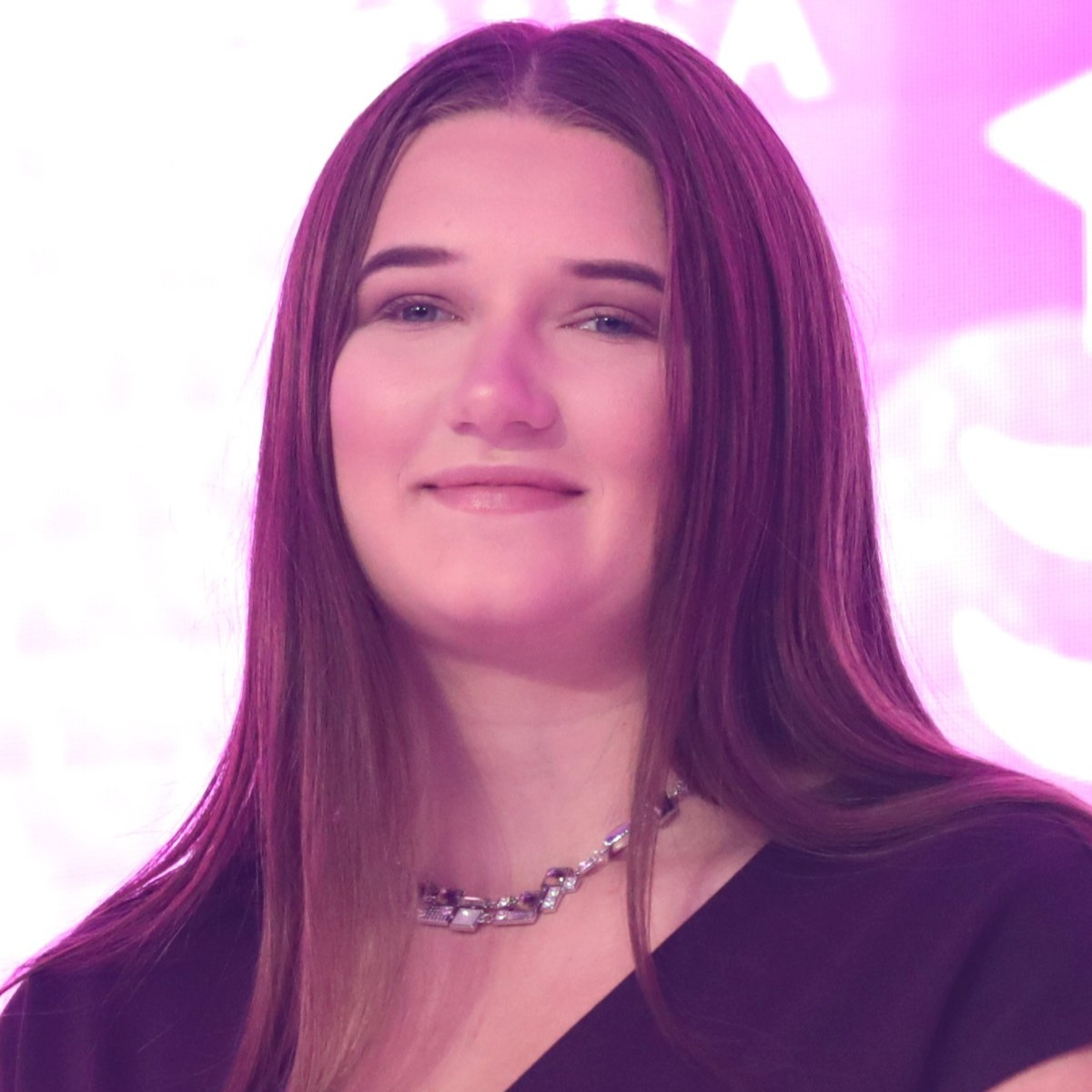
Claire Cory: Member of the North Dakota House of Representatives
In 2019, Claire Cory was chosen to fill the seat of a state representative who had resigned. At the time, Claire was a junior at the University of North Dakota. She had recently served as an intern in the U.S. Senate and as vice chairwoman of North Dakota District 42’s Republican Party. Claire now serves on multiple committees in the state legislature, and is the interim vice chairman of the Juvenile Justice Committee.
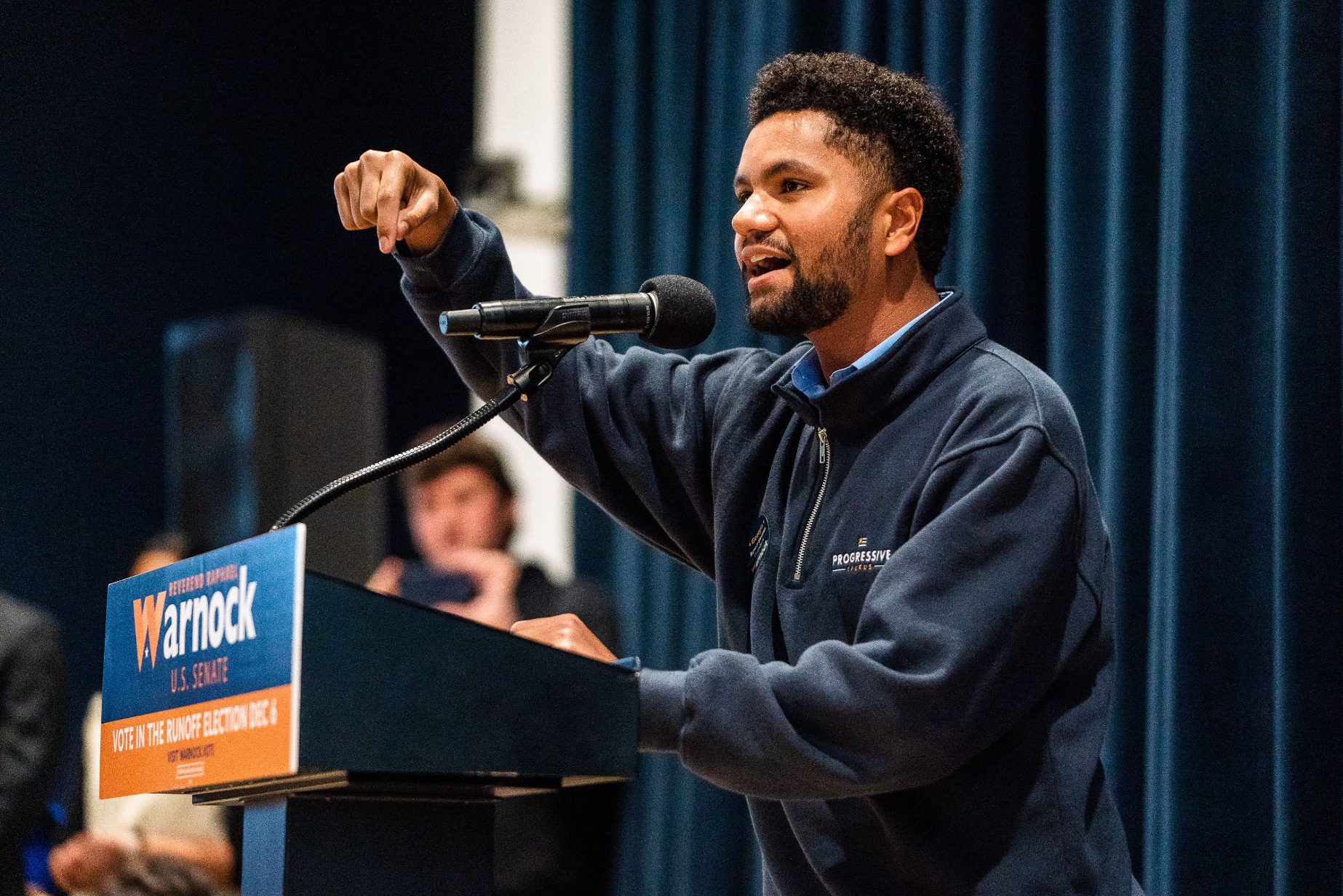
Maxwell Frost: Member of the U.S. House of Representatives
Maxwell Frost is the youngest member of the current U.S. Congress. In 2022, Maxwell was elected to represent Florida’s 10th district in the House of Representatives. He was 25 years old, and is the first member of Generation Z to be elected to Congress. While he was not an active student at the time of his election, Maxwell Frost has about a year of his undergraduate education left at Valencia College and plans to resume his coursework at some point in the future.
As these examples demonstrate, running for office while still in school is more common (and more doable) than many people may think. The trend of young people running and being elected to office is also one that goes back centuries in American history. For example, Steven T. Mason was only 22 years old when he became the territorial governor of Michigan in 1834. Mason helped guide Michigan to statehood and is still the youngest governor in American history.
In more recent years, Tulsi Gabbard became the youngest person elected to public office in Hawaii’s history when she joined the Hawaii House of Representatives in 2002. Gabbard was only 21 years old at the time. On the other side of the political spectrum, Alexandria Ocasio-Cortez became the youngest woman elected to Congress in 2018. Ocasio-Cortez was 29 years old.
Importance of Youth Representation in Government
Young people running and being elected to political office is essential for fair representation. Currently, young people are underrepresented in American politics and government — meaning their needs and interests are often left out of the political conversation. In fact, many consider the American government a gerontocracy — a government run by the elderly. With the nation’s oldest president and an aging Congress, older generations have more of a say in the country’s future than younger generations. By bringing their voices to the table, young citizens running for office can help to bridge the age gap in government.
Recent research from Tufts University found that “supporting young people to run for office is a promising approach to increasing the diversity of our elected officials.” This is because young people not only help to diversify the age range of politicians; they also tend to increase diversity more broadly. Younger generations are more racially and ethnically diverse, as well as more likely to identify as LGBTQ+. This kind of diversity can build up a healthier and more representative democracy.
Young people also bring new perspectives to the political dialogue. As demonstrated by a recent Pew Research study, young adults are more likely to consider issues like climate change, poverty, and racial justice as top priorities. Young politicians also tend to be more future-minded. Overall, encouraging young people to run for elected office is a crucial way to strengthen American democracy.
Barriers to Running for Office As a Student
According to research from Tufts University, more than 1 in 5 young Americans would be interested in running for office if they were given encouragement and felt qualified. So why don’t more young people run for office? Here are a few barriers that students and young people face when considering a run for office:
High Cost of Running: Running an effective campaign can be expensive, especially if you have to take off work in the process. Many young people report worries about losing income if they decide to launch a campaign.
Feeling Unqualified: Young people are less likely than older generations to feel qualified to run for public office. A lack of experience can contribute to this feeling.
Lack of Encouragement: Receiving encouragement from one’s community is often an important step toward filing for candidacy. Young people are less likely to receive this personal encouragement.
Limited Networks: Older and more established politicians are more likely to have extensive personal and professional networks. Without these large networks, young candidates can find it more difficult to make connections and campaign effectively.
These barriers all pose challenges for students hoping to run for office — but they don’t make running impossible. With the right strategies and support, students and young people can win elections and represent the needs of their communities.
How to Run for Political Office As a Student
There are plenty of ways to succeed when running for office as a student. Below are some top tips to help you get your campaign off the ground:
#1: Build a strong local presence.
Make strong connections with members of your community, and engage with as many voters as possible. Be open and transparent, while listening to the needs of your community and learning what issues matter most to them.
#2: Articulate a strong vision for the future.
Having heard from your community, think ahead — five years, ten years, and even further into the future. What kind of systems do you hope to help create? How can you resolve your community’s biggest problems? And how can you give potential voters hope that a brighter future is possible? Being able to put your vision into words will help voters understand and get behind your priorities and values.
#3: Develop a clear policy platform.
Voters will want to know where you stand on key policy issues. As you develop campaign materials, be upfront and transparent about your top policy priorities, as well as your stances on relevant issues. Be sure to be consistent across channels, so you present a cohesive and trustworthy message to voters.
#4: Make use of grassroots fundraising.
A powerful way to overcome financial concerns is through grassroots fundraising. In taking a grassroots approach, your campaign will focus on earning donations from a wide variety of small-dollar donors, rather than from big spenders or corporations. This strategy can both fund your campaign and build excitement around your platform.
#5: Engage younger voters.
Younger generations are often less likely to turn out to vote than older generations. While this trend is a concern, it also poses an incredible opportunity. If you can engage younger voters and inspire them to feel capable of making a difference, you can tap into a previously untouched portion of the electorate. In local elections, small shifts in voter turnout can make a big difference. Connect with other community members your age, and let them know how much of an impact their vote can make!
#6: Collaborate with community leaders, organizations, and advocacy groups.
Another way to expand your network and amplify your message is to connect with the leaders of your community, as well as with local and national organizations and advocacy groups. Ask for endorsements from leaders and organizations relevant to your platform. Connect with current politicians and those who have run for office before. And for non-partisan and third-party candidates, get in touch with GoodParty.org to get access to free campaign resources, including our AI Campaign Manager and support from our resident campaign experts.
Conclusion
Can you run for office while you’re still in school? Whether you’re in high school or college, students have run and won before, and you can make it happen again!
GoodParty.org is here to support people-powered candidates, including young leaders. No matter if you’re running for school board, city council, mayor, state representative, or another post, you can connect with GoodParty.org to get free campaign support from experts in the field.
Photo by Keira Burton
Book a meeting with our team to learn how you can launch a campaign for local office.
